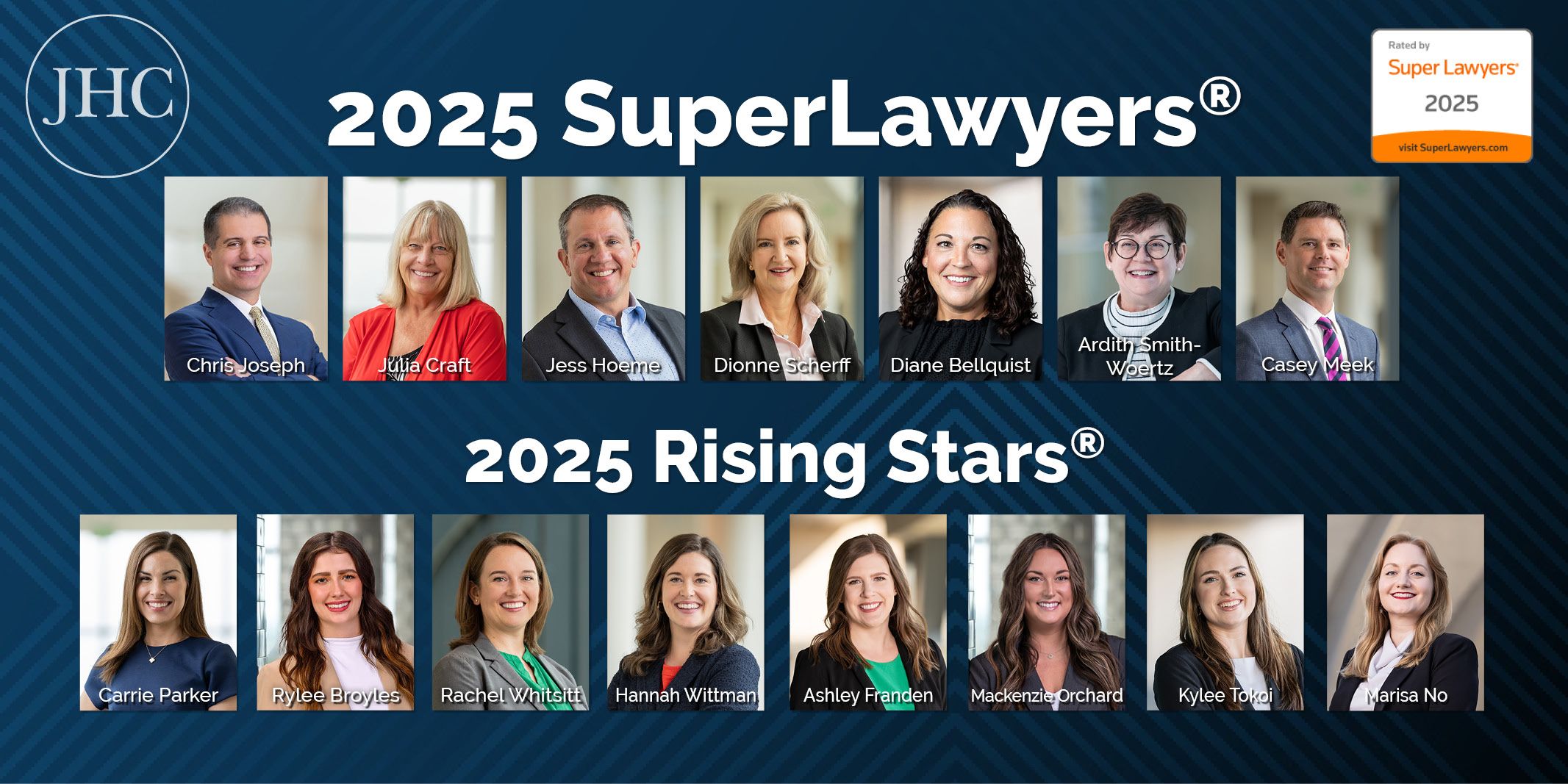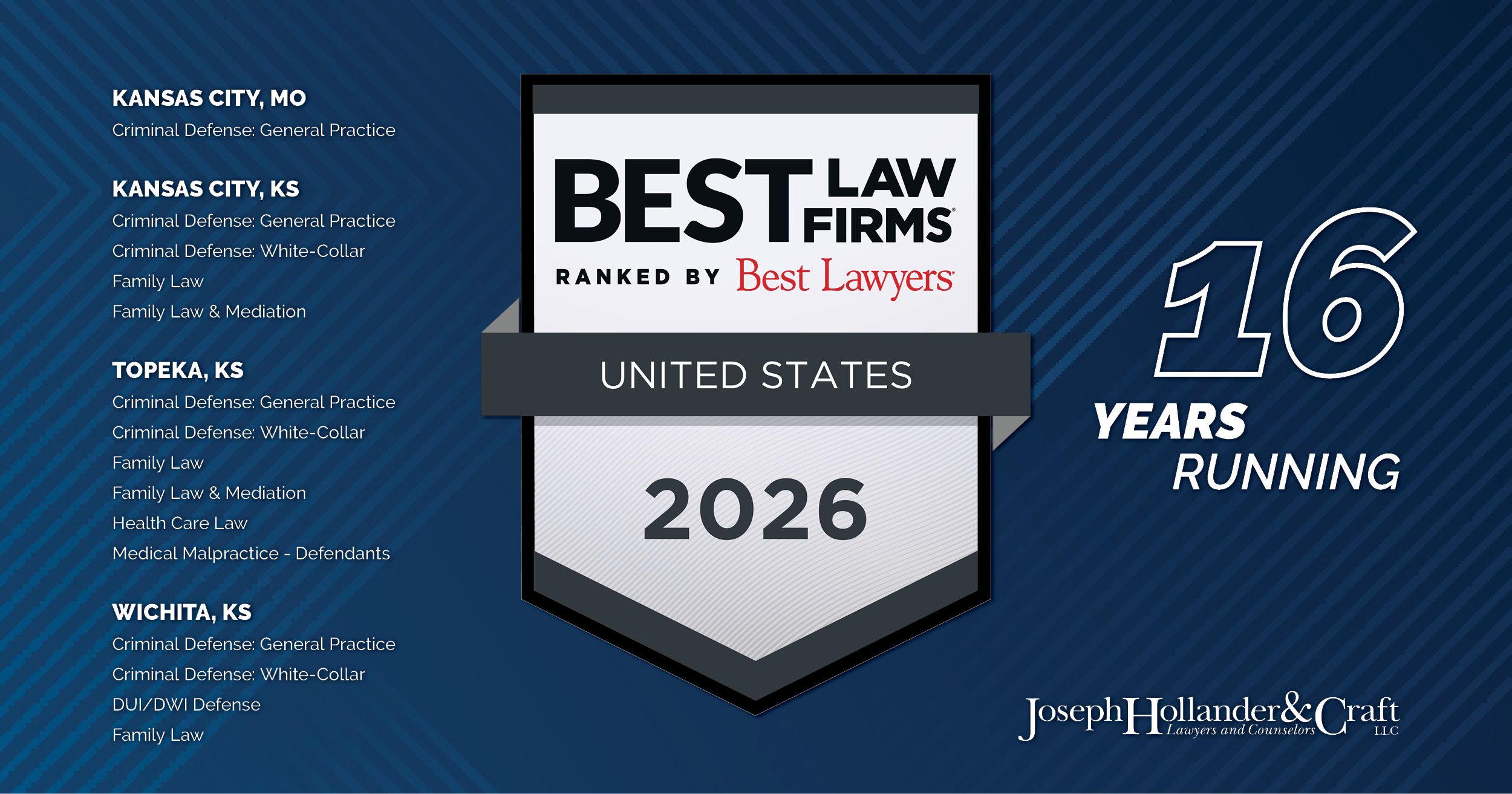Contents
- FEATURE ARTICLE & NEW AUTHORITY: The Justices’ “New Clothes”
- ETHICS & MALPRACTICE RESEARCH TIP: New Articles from The Current Index to Legal Periodicals
- A BLAST FROM THE PAST: Power Corrupts
EDITED BY: Professor Mike Hoeflich
PUBLISHED BY: Joseph, Hollander & Craft LLC
November 30, 2023
READ & DOWNLOAD FULL-TEXT PDF OF LEMR Vol. 4, No. 11
FEATURE ARTICLE & NEW AUTHORITY: The Justices’ “New Clothes”
This month’s Feature Article and New Authority columns are combined because of the importance of the subject and the length of the commentary.
Over the past several years, the United States Supreme Court has been at the center of an ethics controversy—one that has ensnared a number of the Justices including, in particular, Justices Thomas and Alito. The LEMR has addressed the problems this has created for the Court, especially in conjunction with the series of decisions in which the Court has reversed or overruled established precedents. The growing chorus requesting the Court to adopt an ethical code finally persuaded the Court to do so on November 13 of this year, when it released the Code of Conduct for Justices of the Supreme Court of the United States.
Unfortunately, this new Code will not lessen concerns that the Supreme Court needs serious ethics reform. Indeed, some commentators have charged that the Court has been disingenuous in adopting a code so weak that it is effectively meaningless. The Court issued the Code with the following prefatory statement:
The undersigned Justices are promulgating this Code of Conduct to set out succinctly and gather in one place the ethics rules and principles that guide the conduct of the Members of the Court. For the most part these rules and principles are not new: The Court has long had the equivalent of common law ethics rules, that is, a body of rules derived from a variety of sources, including statutory provisions, the code that applies to other members of the federal judiciary, ethics advisory opinions issued by the Judicial Conference Committee on Codes of Conduct, and historic practice. The absence of a Code, however, has led in recent years to the misunderstanding that the Justices of this Court, unlike all other jurists in this country, regard themselves as unrestricted by any ethics rules. To dispel this misunderstanding, we are issuing this Code, which largely represents a codification of principles that we have long regarded as governing our conduct.
We acknowledge that this is a negotiated document resulting from consultation and debate among nine of the most powerful people in the United States. Negotiation of this sort in this highly sensitive context no doubt led to a weaker code than might otherwise have been the case. And yet, the statement remains remarkably revealing.
The Statement’s most glaring revelation is its self-justifying nature, saying that nothing in it is new, but that it is simply a “codification” of the “common law rules” the Justices already follow. There are several serious problems with this. . . .
ETHICS & MALPRACTICE RESEARCH TIP: New Articles from The Current Index to Legal Periodicals
- Daniel Schwarcz, Josephine Wolff & Daniel Woods, “How Privilege Undermines Cybersecurity,” 36 Harv. J. L. & Tech. 421 (2023). The impact of AI on the legal profession continues to surprise most lawyers. This is a thoughtful article on a critical area of law practice.
- April Rivera, Note, “Supreme Court Ethics Regulation: Amending the Ethics in Government Act of 1978 to Address Justices’ Unethical Behavior,” 52 Sw. L. Rev. 308 (2023). This Note is worth consideration along with the Code of Conduct for Justices of the Supreme Court of the United States and this month’s lead article.
- Susan Rose-Ackerman, “Transnational Business Deals and the Professional Obligations of Lawyers,” 54 Colum. Hum. Rts. L. Rev. 673 (2023). International transactions have become an important part of many lawyers’ practices. Prof. Rose-Ackerman explores some of the ethical issues involved.
- M.H. Hoeflich & Stephen Sheppard, “The Mystery of the Leavenworth Oaths,” 71 U. Kan. L. Rev. 751 (2023). This article is part Kansas legal history and part legal ethics. (Pardon the self-promotion.)
A BLAST FROM THE PAST: Power Corrupts
I cannot accept your canon that we are to judge Pope and King unlike other men, with a favourable presumption that they did no wrong. If there is any presumption it is the other way against holders of power, increasing as the power increases. Historic responsibility has to make up for the want of legal responsibility. Power tends to corrupt and absolute power corrupts absolutely. Great men are almost always bad men, even when they exercise influence and not authority: still more when you superadd the tendency or the certainty of corruption by authority.
—Lord Acton in a letter to Bishop Creighton (1887)
READ & DOWNLOAD FULL-TEXT PDF OF LEMR Vol. 4, No. 11
About Joseph, Hollander & Craft LLC
Joseph, Hollander & Craft is a mid-size law firm representing criminal defense, civil defense, personal injury, and family law clients throughout Kansas and Missouri. From our offices in Kansas City, Lawrence, Overland Park, Topeka and Wichita, our team of 25 attorneys covers a lot of ground, both geographically and professionally.
We defend against life-changing criminal prosecutions. We protect children and property in divorce cases. We pursue relief for clients who have suffered catastrophic injuries or the death of a loved one due to the negligence of others. We fight allegations of professional misconduct against medical and legal practitioners, accountants, real estate agents, and others.
When your business, freedom, property, or career is at stake, you want the attorney standing beside you to be skilled, prepared, and relentless — Ready for Anything, come what may. At JHC, we pride ourselves on offering outstanding legal counsel and representation with the personal attention and professionalism our clients deserve. Learn more about our attorneys and their areas of practice, and locate a JHC office near you.












